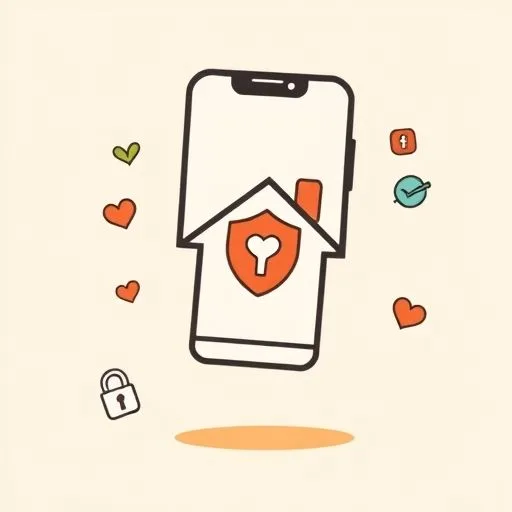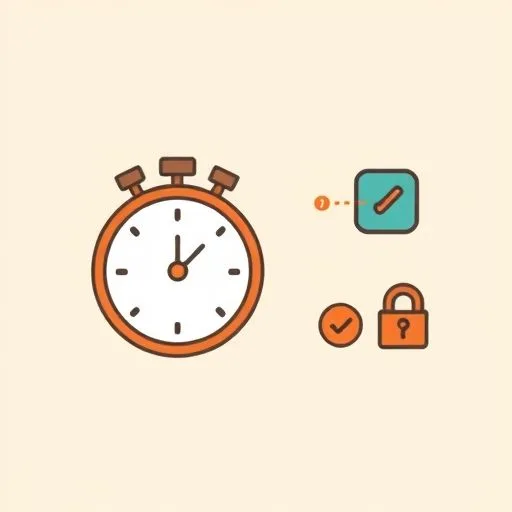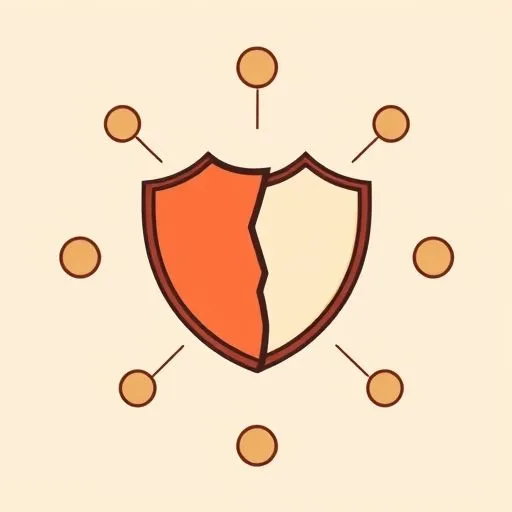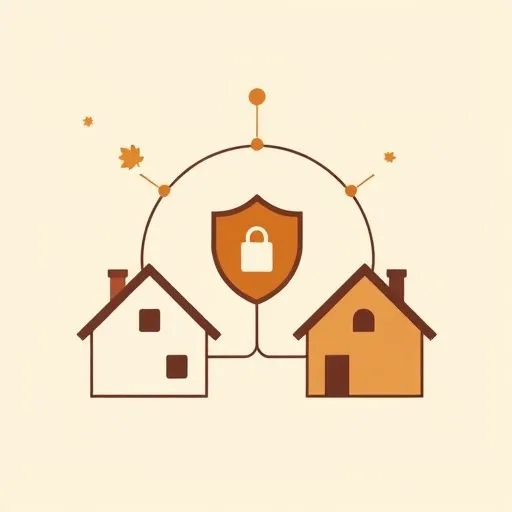
Last night, after the house finally quieted down, I saw her pause mid-scroll. Her phone lit up with a ‘School Trip Payment Due’ alert—name spelled right, amount matching what we’d discussed. My heart did a little flip—it looked so real. For three seconds, her shoulders went stiff. I remembered how last week, she’d texted me to verify a ‘cousin’s’ emergency loan request that sounded exactly like his voice. That split-second hesitation? It’s not paranoia. It’s armor. And what surprised me wasn’t how much we fear AI—it’s how the smallest, ordinary things we do together have become our strongest shield.
Not the Tech, But the Tiny Pauses That Protect

You know that moment? When an alert pops up about your kid’s class fee, and something feels… off. Her finger hovers over ‘Pay Now.’ She’s not double-checking the number because she’s tech-savvy—she’s doing it because she learned the hard way. Last month, a fake ‘sports registration’ text nearly got her. Same logo, same urgency. But she paused. Called the coach directly. Turned out, no payment was ever due.
Here’s what hit me: Her real superpower isn’t spotting scams. It’s that quiet habit she built—’If it feels rushed, I wait.’ She’ll text me a screenshot: ‘Does this look right?’ Simple. Unfancy. But that pause? It blocks 99% of attacks. And it’s contagious. Now our kids do it too. When their game app says ‘Upgrade Now!’ they shout, ‘Mom, is this real?’ That’s the armor growing.
We’ve stopped calling it ‘security.’ It’s just how we move now. A grocery receipt printed twice in case one’s fake. Passwords made from inside jokes only we get—’MidnightCerealCrunch’ or ‘BikeFallsAndScrapes.’ Not because experts told us to, but because it feels like home. Safe. Human.
Why ‘I Got This’ Is the Biggest Risk

I used to think watching over her meant jumping in when she hesitated. ‘Just let me handle it,’ I’d say. But after she missed a phishing email (it looked like a family photo link!), I realized: My ‘protection’ was making us weaker. When she tried to shoulder it alone, that’s when the cracks showed.
What works? Admitting we don’t know. Like when she asked, ‘Is this school app really asking for camera access?’ instead of just clicking ‘Allow.’ Or me confessing, ‘I’m not sure if this link’s safe—let’s check together.’ That vulnerability? It’s the fuse that stops the bomb. Suddenly, we’re a team scanning texts, comparing voices on suspicious calls, laughing when we both say, ‘Yeah, that sounds fake.’
The tool that changed everything wasn’t an expensive app—it was turning on ‘Ask to Buy’ for our kids’ accounts. Now, if they try to spend, a notification pops up on both our phones. We have to approve it. Simple friction. But it forced us to talk: ‘Why’d you want that?’ ‘Is this a real deal?’ It’s not about control—it’s about connection.
And honestly? Seeing her relax when she knows we’ve got backup… that’s worth more than any security score.
Your Neighborhood Is Your Best Firewall

It started with coffee chat. ‘Did you get that weird login alert?’ she mentioned to another parent at drop-off. Turns out, three moms had the same ‘student award ceremony’ scam email that week. Now? Our group chat lights up with alerts: ‘Suspect this text!’ ‘Check this link!’ No experts. No jargon. Just real people saying, ‘This felt wrong to me.’
What shocked me: How fast it spread. One mom suggested adding a code word in our PTA emails—like ‘Peanut Butter Sandwich.’ If it’s missing? Don’t click. Another shared how she sets up ’emergency contact’ alerts on apps so any suspicious logins ping her phone. Now, we swap these like cookie recipes. Because the truth is, scammers don’t care about ZIP codes. But neighbors do.
Most parents I know feel alone in this. Like they should ‘just know’ how to stay safe. But last week, I heard her tell a new mom: ‘It’s okay to slow down. It’s okay to ask.’ And watching that relief wash over the other woman’s face? That’s when I saw it. Our strength isn’t in perfect security—it’s in the courage to say, ‘I don’t want to do this alone.’
Source: Hacker exploits AI chatbot in cybercrime spree, Fox News, 2025/09/13
